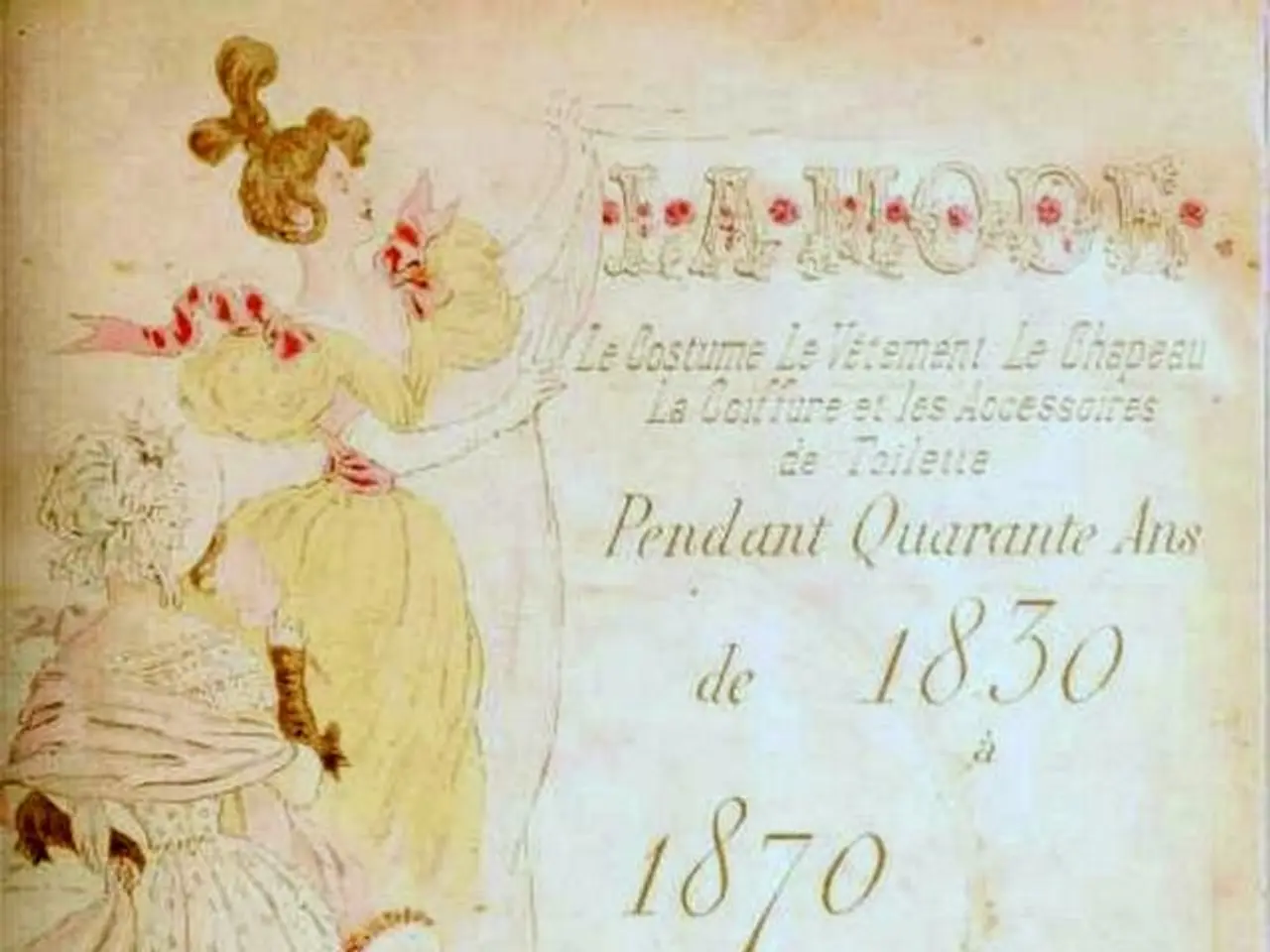Trump rejoices in enactment of his tax legislation
In a dramatic signing ceremony on Independence Day, President Donald Trump approved the "One Big Beautiful Bill Act" (OBBBA), a tax and spending bill that extends and updates many provisions of the 2017 Tax Cuts and Jobs Act (TCJA). The bill, which was the subject of a lengthy battle in Congress, is one of the most expensive laws in US history.
The OBBBA offers permanent tax relief for individuals and businesses, building upon the lower individual and corporate tax rates and revised income thresholds for tax brackets established by the TCJA. The standard deduction, nearly doubled by the TCJA, is made permanent and increased further, while the 20% deduction for pass-through business income and the provisions for bonus depreciation, Section 179 expensing, and full expensing for domestic research and development are also made permanent.
The bill introduces tax relief measures for tipped workers and overtime pay deductions for hourly workers, as well as estate and gift tax exemption increases. However, some critics argue that more comprehensive relief for low- and middle-income households is still needed.
One of the most contentious issues in the OBBBA is the state and local tax (SALT) deduction cap, which remains a subject of debate, particularly for taxpayers in high-tax states. While the bill raises the SALT cap, it is still a point of contention, with some viewing it as unfair or punitive.
The OBBBA is projected to reduce federal tax revenue by about $4 trillion between 2025 and 2034, raising concerns about long-term fiscal sustainability and increasing national deficits. Critics also argue that the bill disproportionately benefits corporations and higher-income individuals, particularly through permanent business tax cuts and limitations on the value of itemized deductions for top earners.
The OBBBA does not address the potential impact of the planned Medicaid cuts on the overall healthcare system. Medicaid, which supports low-income individuals and people with disabilities, is a target of planned cuts in the bill. While the law does not specify the exact amount of the new tax cuts or the increased spending on US defense and border control, it is clear that other areas, particularly social programs, face significant cuts.
Some critics have described Trump's policies as "harsh and unfair" due to the tax cuts and social cuts included in the bill. The air show that accompanied the signing ceremony at the White House featured a stealth bomber of the B-2 type, symbolising the increased spending on US defense and border control. President Trump spoke about the successes of his presidency during the ceremony, saying, "The world respects us again."
The OBBBA updates and extends many of the TCJA provisions, offering permanent tax relief for individuals and businesses and introducing new targeted benefits. However, it faces criticism mainly for its fiscal impact, equity concerns, and the ongoing debate over the SALT deduction cap.
The OBBBA's approval marks a significant step in US politics and policy-and-legislation, especially concerning employment policy, as it offers permanent tax relief to individuals and businesses. Yet, war-and-conflicts continue to dominate general-news headlines, with critics pointing out that more comprehensive relief for low- and middle-income households is needed, even as the OBBBA addresses specific employment concerns through tax relief measures for tipped workers and overtime pay deductions for hourly workers.








